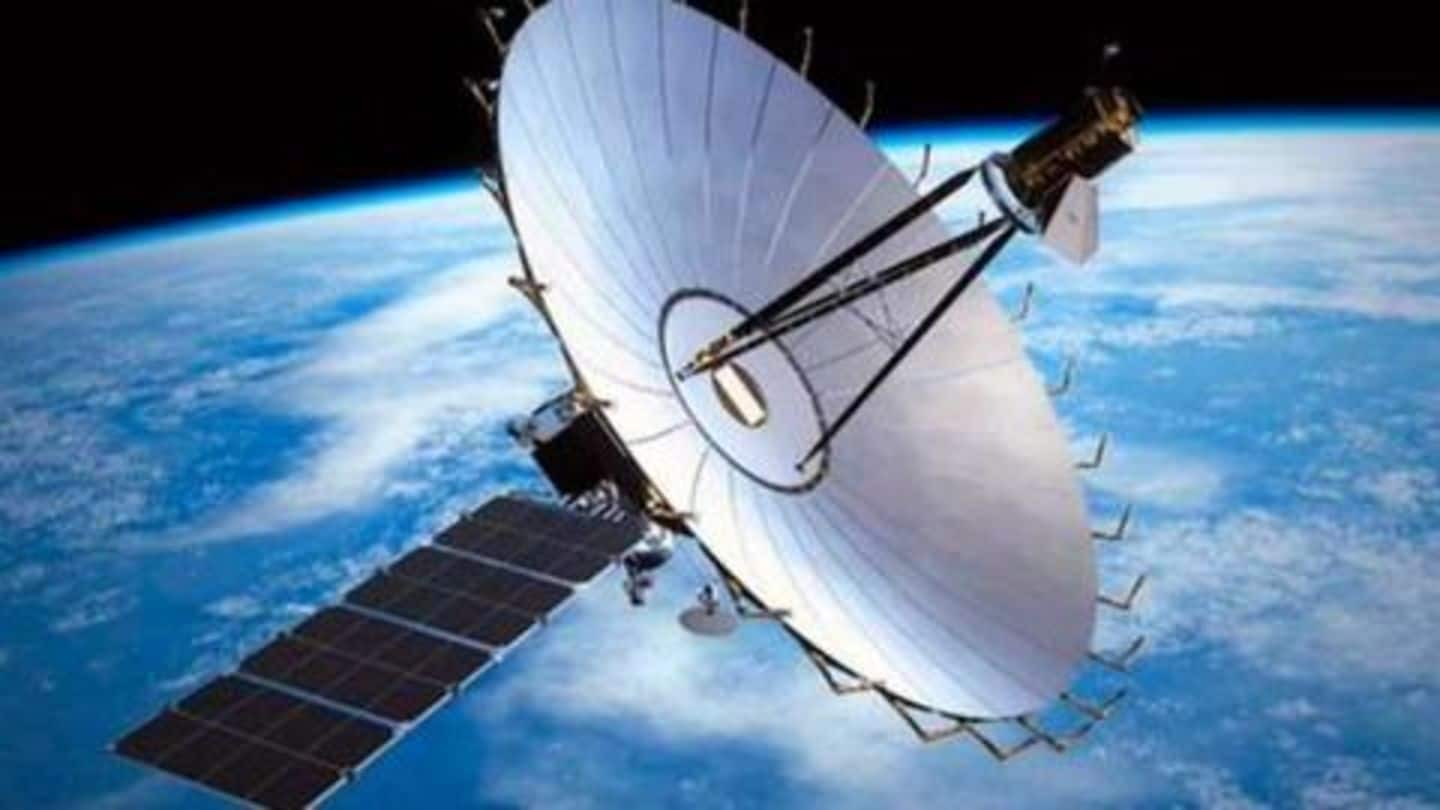
Russia loses control of radio telescope in space: Details here
What's the story
Russia has lost control of its only radio telescope orbiting in space. Spektr-R was orbiting normally till last week but on January 10, it stopped responding to commands from the ground station. Since then, Russian space agency Roscosmos has made multiple attempts to communicate with the observatory but has not been able to regain control. Here's more on the matter.
Issue
No response to commands, but data transmission active
Spektr-R is not responding to the commands from Astro Space Centre - the contractor of the mission. The exact problem with the telescope is not clear at this stage, but Nikolai Kardashev, the chief of the center, told BBC that some of its communication systems had stopped working. However, he did note that the space telescope was still actively transmitting data back to Earth.
Mission details
Notably, Spektr-R exceeded its original lifespan
Spektr-R was launched on a mission, to study deep space radio waves, all the way back in 2011. The telescope features a 33-foot radio antenna that works in conjunction with ground-based radio observatories and collects data on the brightest quasars, water-vapor clouds, pulsars, interstellar matter in space, and more. The original lifespan of this project was five years, but it went way beyond that.
Hope
There's hope for restoring communication
According to the most recent update, the telescope is flying without control from the ground station. But, Yuri Kovalev, the head of research for the project, says that "there is still hope" and ground teams might be able to weed out the problems and restore communication with the observatory. The next contact attempt with Spektr-R will be made on January 14.
Information
Spektr-R's successor set to launch this year
It is also worth noting that Russia already plans to launch Spektr-RG, the Russian-German successor of Spektr-R, in April. Roscosmos CEO Dmitry Rogozin has asked to speed up the preparations for its launch as well as the analysis of data from the current, non-responding orbiter.